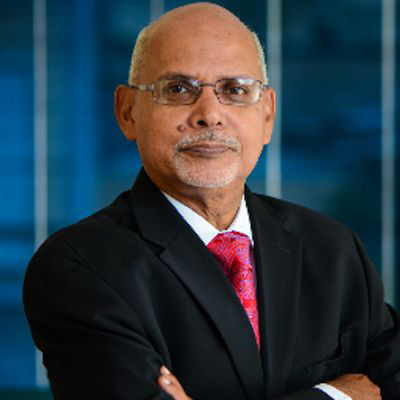(Trinidad Guardian) Seventh-Day Adventist pastor Clive Dottin is calling on Trinidad and Tobago’s men to become more actively involved in the protection of the nation’s women and children.
Dottin made the call during an interview with Guardian Media, saying men have remained too quiet about the violence consistently being meted out to women and that must change.
“I find some of our men’s groups, even in churches, are not excited by the prospect of becoming activists and not just activists but actively involved in saving at least one. I am calling upon more men, more pastors, more religiously-inclined people more fathers to become more actively involved in this fight,” Dottin said, even as the national debate on violence against women and girls continues in the wake of the murder of San Juan resident Ashanti Riley.
Dottin said the church was not exempt from the domestic violence demon.
“There is abuse in the church also, sometimes leaders are abusing their wives and people. We have to decide to play a more important role and don’t feel we are weak in making a national appeal for men to be more involved in the protection of women.”
Speaking about the recent killings of women at the hands of their intimate partners or wandering perpetrators, Dottin said: “There is a certain psyco-toxic personality that allows men to abuse women, dump them in rivers and over cliffs, torture and strangle them. It is just a horrendous scene!”
He said currently, he was dealing with several women and children who were in danger for more than one reason. And just last weekend, he was involved in what he described as very “high risk” rescue missions.
“You have prisoners behind bars right now who are threatening women. They continue to be emboldened, who believe the security forces are weak and trembling and are not able to get at them.”
Dottin revealed he was dealing with a few women, who currently had death threats hanging over their heads.
“Some of these women just don’t know where to turn to. They are getting temporary lodging here and there, hiding. Some of them even run into the hills and the forest. It is as challenging as that,” Dottin stressed.
Dottin said several things were working against women facing abuse.
Referring to the work he does with battered women, Dottin said sometimes it requires relocating these women, but even that is met with a challenge as some of the abusers had state-employed agents leaking information in exchange for money.
Then there was the overgeneralisation of what led to the victim’s demise without facts.
Dottin quipped: “They say things like ‘she went with a man.’ So they demonise the victim and the perpetrator…the violent individual is almost left off the hook.”
The breakdown in the institution of family and an upsetting failure to socialise men correctly also played fundamental roles in the creation of perpetrators, he said.
“You have that issue of young men watching their fathers beat their mothers, whether it is common-law or matrimonial. Very subtly, the message being sent is that violence is the way to deal with domestic problems,” he said.
He said in most instances where the woman was killed by her partner, she would have endured serial abuse.
“The question is often asked where was her family. There are two things – the family was either fearful or they were not interested in intervening. The fallacy is we spoke to you not to get into the relationship. We objected to it so paddle your own canoe now,” said Dottin.
He advised that to successfully combat this evil, a national plan is urgently needed with the media at the fore.
“Peace and harmony are not values that sell newspapers or television ads. The society has to decide instead of glorifying the violence, instead of people demonising the victim, instead of a kind of desensitisation that has crept over the country like a sword of Damocles, we’ve got to decide to have a national plan where we put this as a priority.”
Dottin said he was not convinced this country has established as a priority, the protection of women and children in abusive situations.
“We are all to blame. The church often gives the advice, ‘just pray…God will take care of this’. But God wants us all to assist in this process.”






